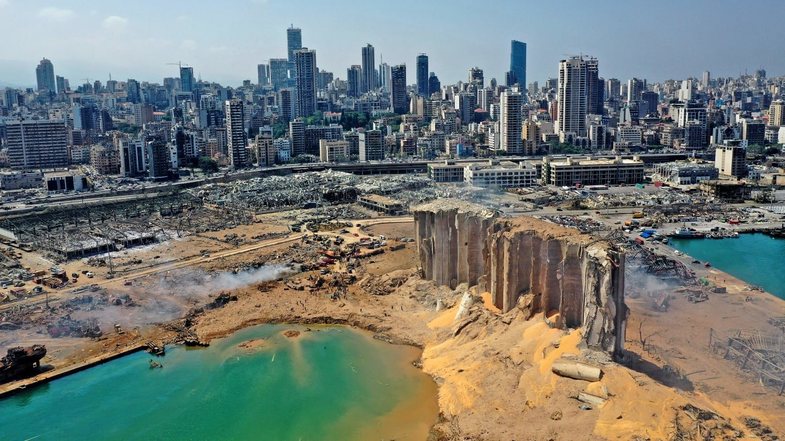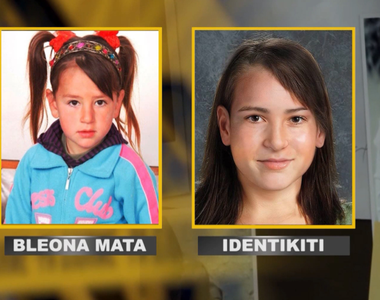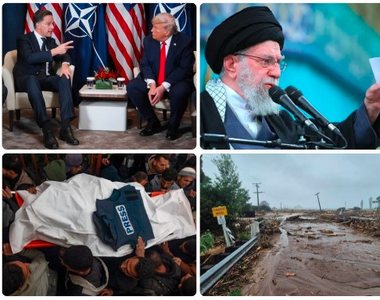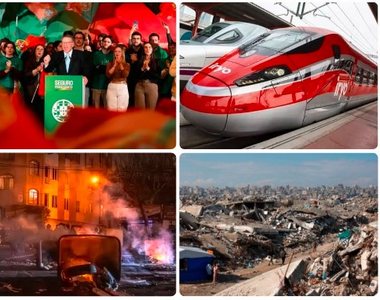
Mikhail Voytenko, a Russian naval analyst based in Thailand, warned in July 2014 that the ship, which he said was owned by a Russian operator, was in fact a "floating bomb".
Maritime surveillance systems tracked Rhosus in the port of Beirut in September 2013 and the ship listed its official cargo as "agricultural cargo".
2,750 tons of ammonium nitrate would be used primarily for fertilizers or high-powered explosives. To understand the danger and quantity: less than 2 tons of ammonium nitrate were used in the 1995 bombing of Oklahoma City.
The Russian-owned cargo ship was sent to the port of Beirut for unknown reasons, possibly after getting into trouble along the sea route from Georgia to Mozambique. Beirut authorities blocked him from leaving and the dangerous cargo was left in port a year later, according to the naval monitoring site "Fleetmon".
Voytekno said the ship's owners had abandoned the ship and its crew and Lebanese authorities had failed to protect the deadly cargo.
"There are a lot of restrictions and rules you have to adhere to when it comes to storing explosives like ammonia, but they just kept them in a warehouse and forgot about them," he told the Daily Beast via telephone.
On June 17, 2014, Safik Merhi, then head of the Lebanese Customs Authority, wrote to Lebanese officials under the heading "urgent matters", sending aid to secure the explosive, according to a copy of a letter shared on Twitter by human rights activist of man, Wadih Al Asmar.
Merhi reportedly sent five more letters, on December 5, 2014, May 6, 2015, May 20, 2016, October 13, 2016 and October 27, 2017, asking for help, according to Al Jazeera, which reports one of the letters:
"Given the serious risk of keeping these goods in storage, in unfavorable climatic conditions, we reiterate our request to the maritime agency to re-export these goods immediately, to maintain the security of the port and those working on it, or agreeing to sell it. ”
Një letër tjetër, kësaj radhe e shkruar nga Daher, kreu i ardhëm i Autoriteti Doganor Liban, përsërit paralajmërimin e “rrezikut për t’i lënë këto mallra në vendin ku janë edhe për ata që punojnë atje.”
Kryeministri i ri i Libanit, Hassan Diab, i cili erdhi në punë në janar të vitit 2020, aludoi në teorinë se shkatërrimi mund të ishte shmangur, duke premtuar se “të gjithë ata që janë përgjegjës për këtë katastrofë, do të paguajnë një çmim.”
Presidenti Donald Trump iu referua shpërthimit si një sulm, megjithëse autoritetet lokale thonë se shpërthimi mund ishte me shumë gjasa i nisur nga një punëtor i thjeshtë aty pranë.
"I've met some of our great generals and they just feel that ... this was not a factory explosion," Trump told a White House conference. "They seem to think it was an attack. It was a bomb of some kind. "
On Wednesday, hundreds more were reported missing from the massive explosion, which generated seismic waves similar to a 3.3 magnitude earthquake.
The port of Beirut, also known as "Ali Baba Cave and the 40 Thieves", has been under tight scrutiny in recent months since the start of the Revolution. October ", last fall.
Source: Daily Beast





